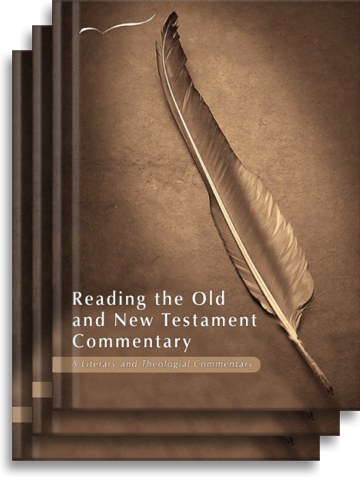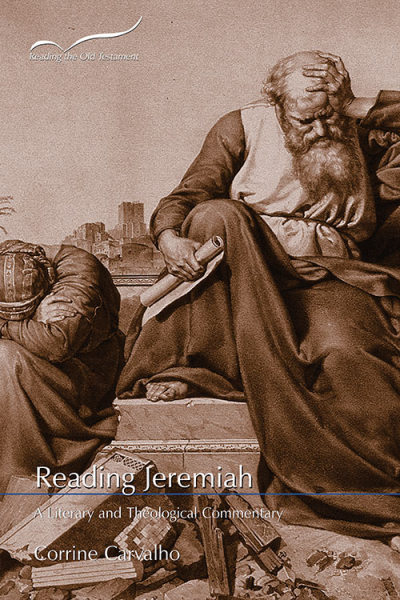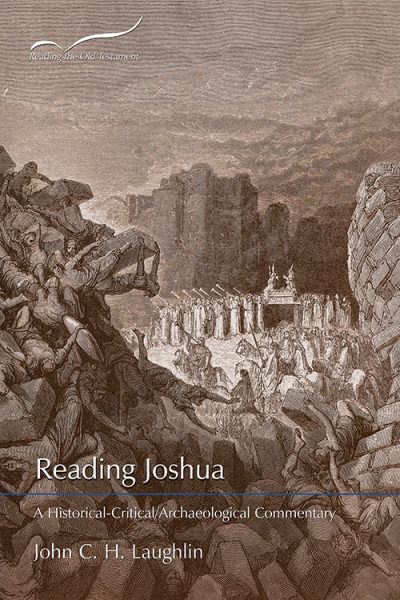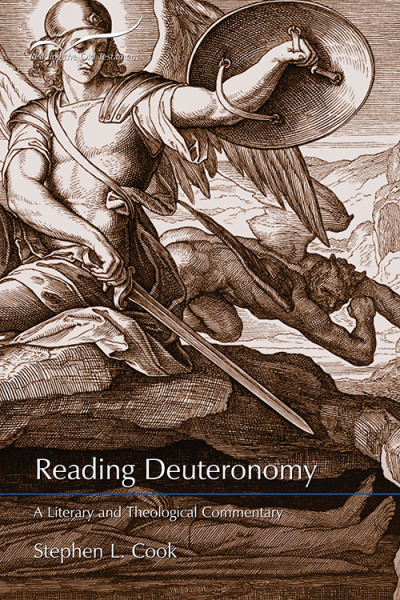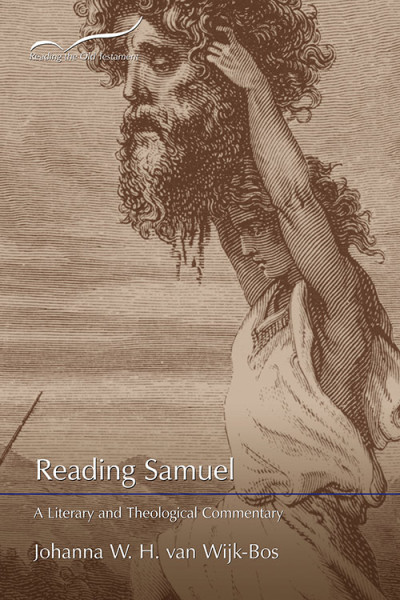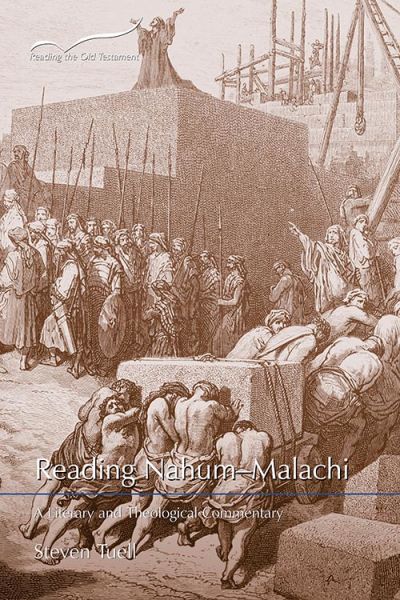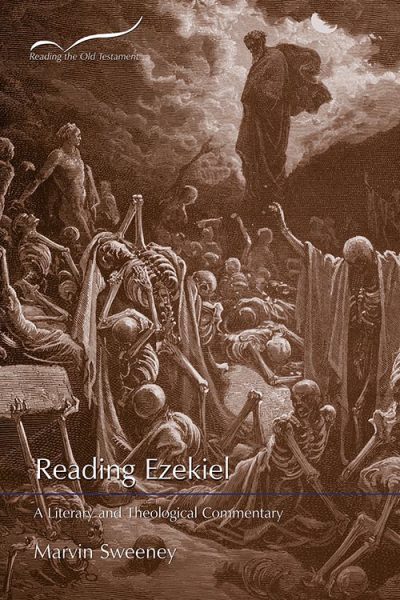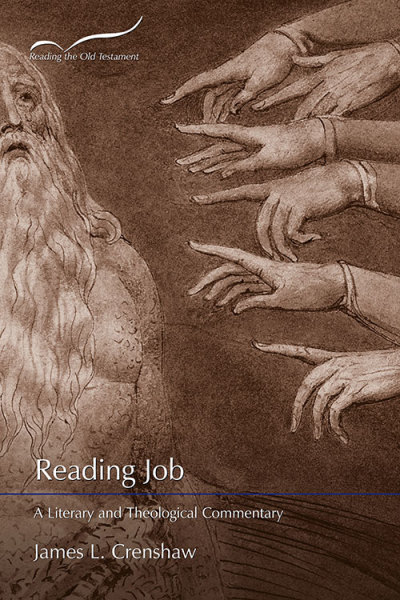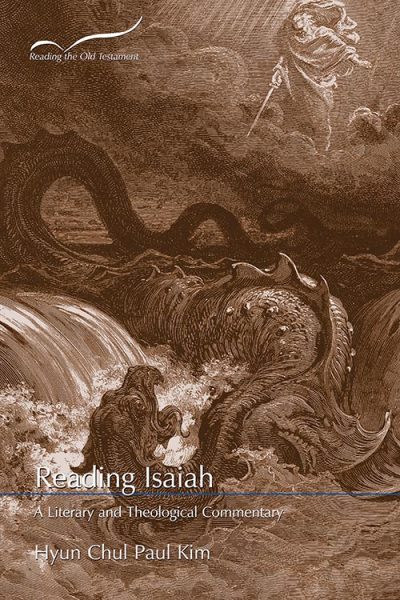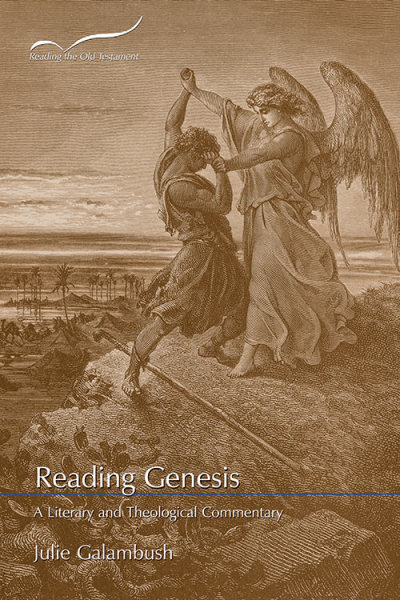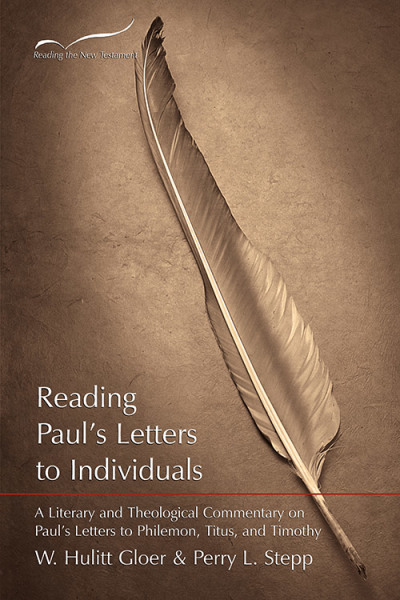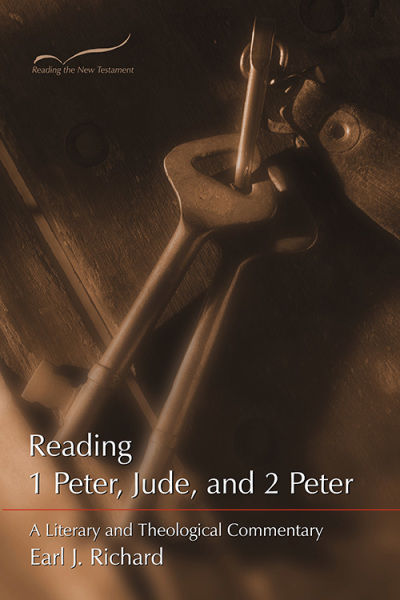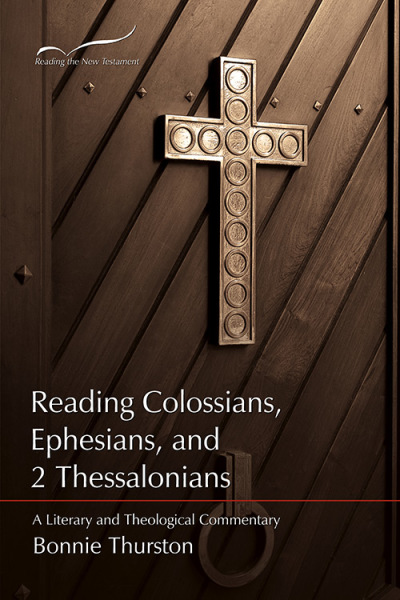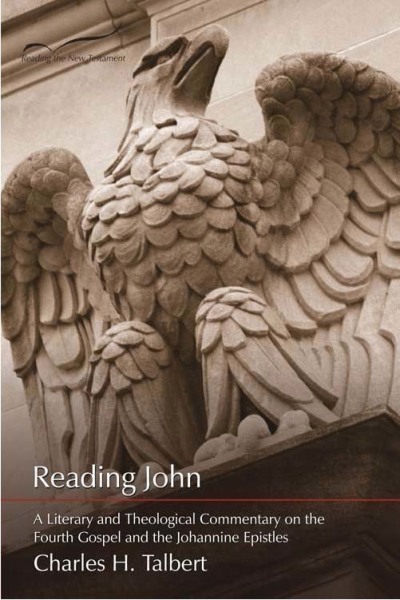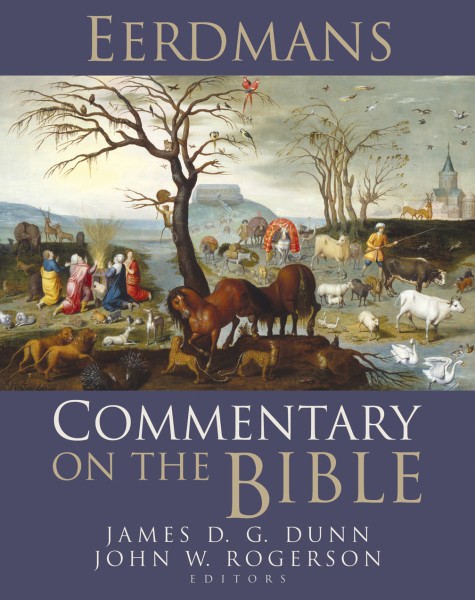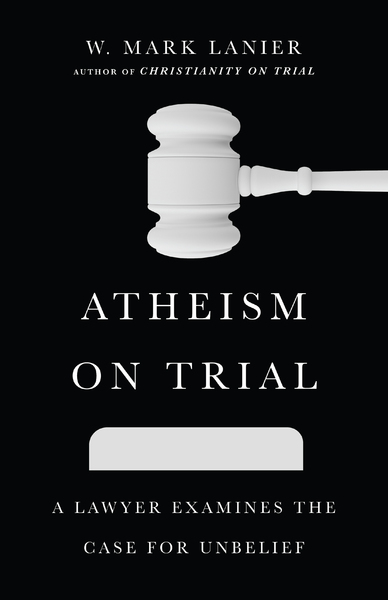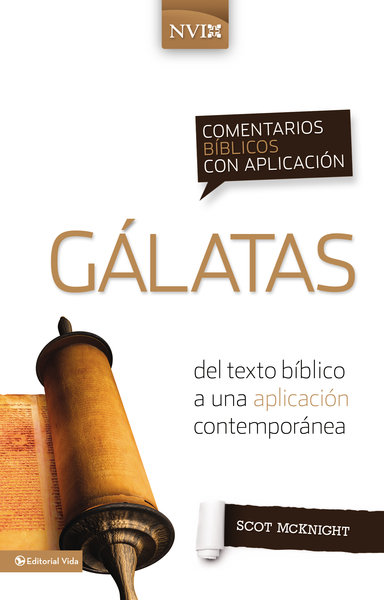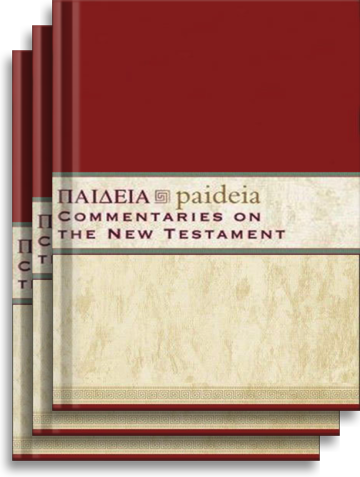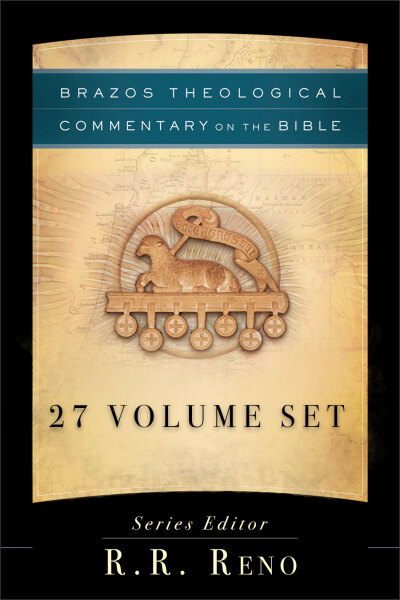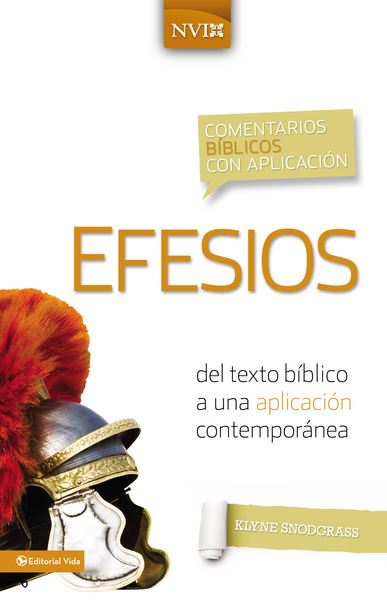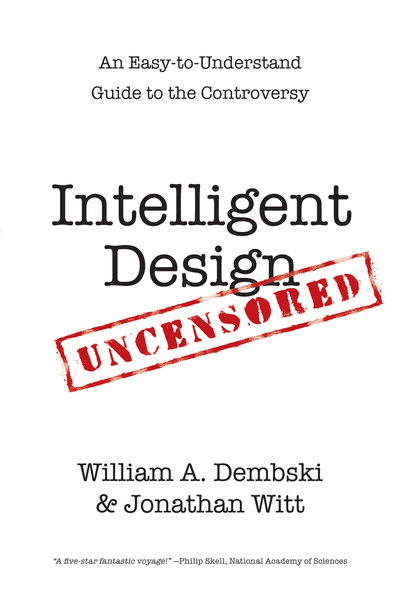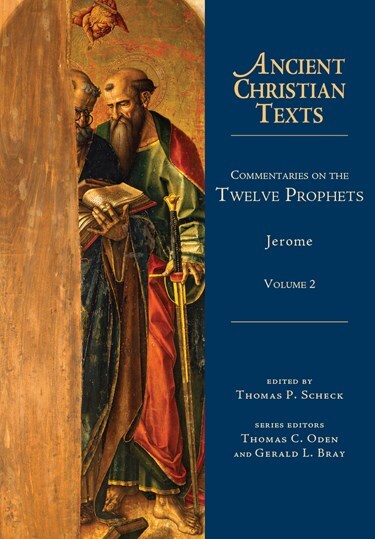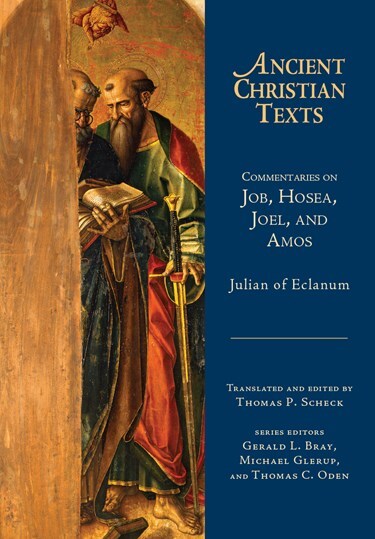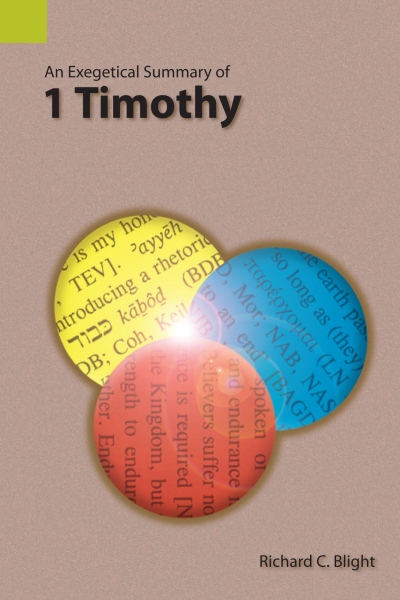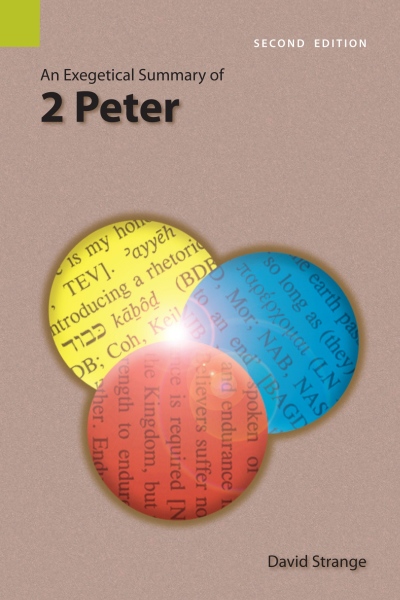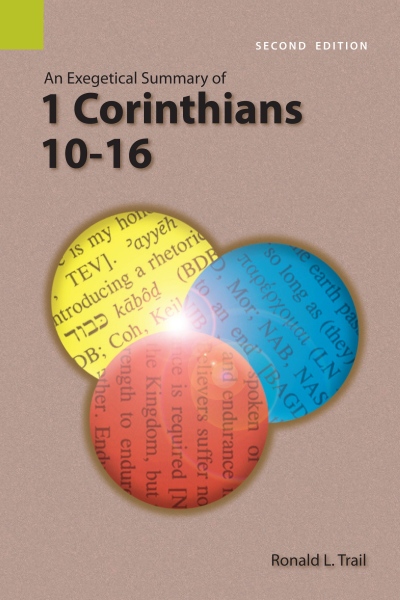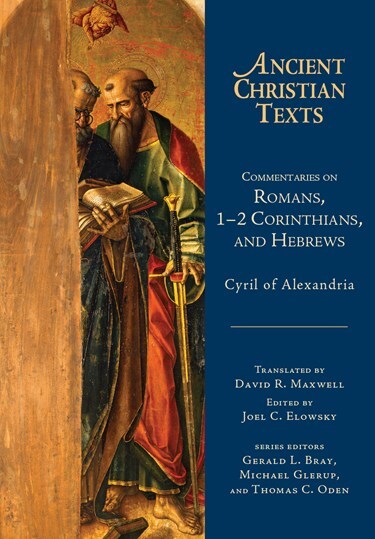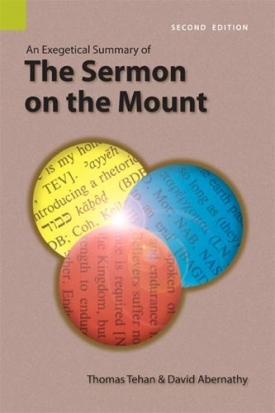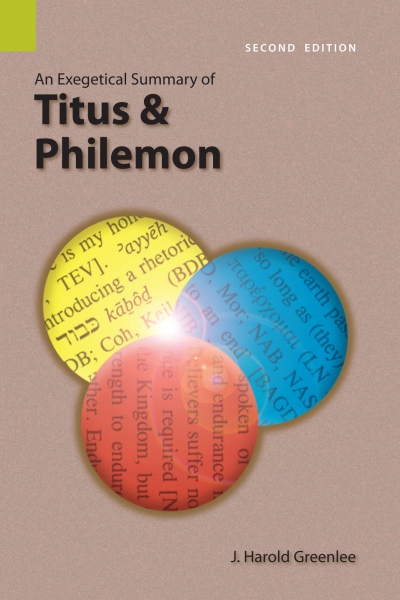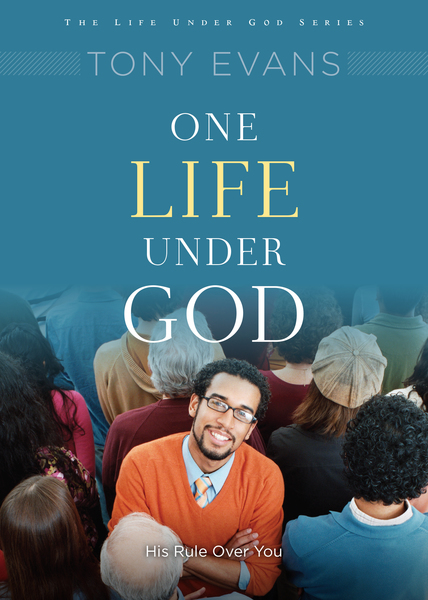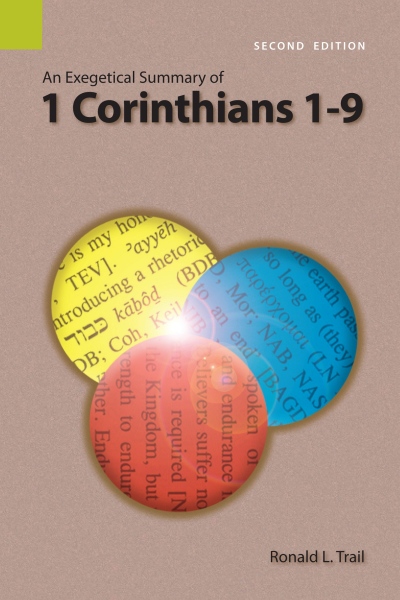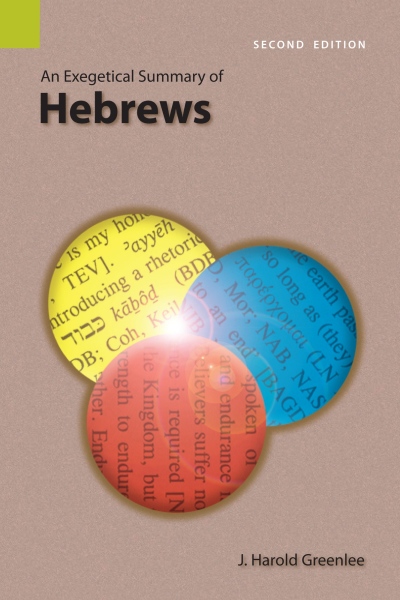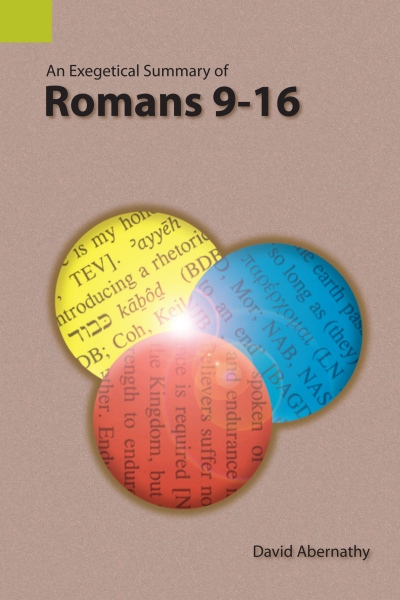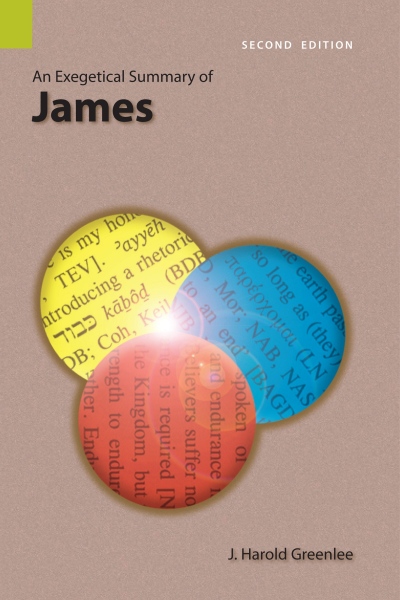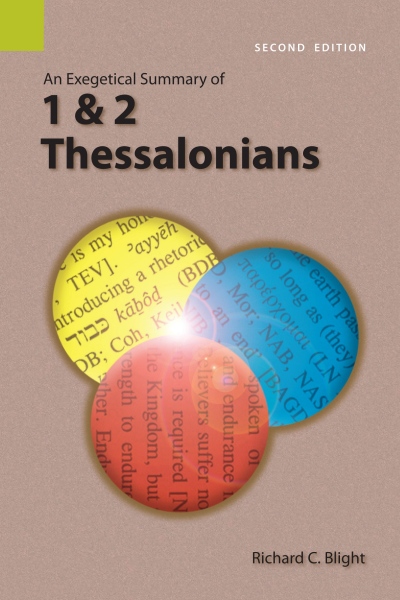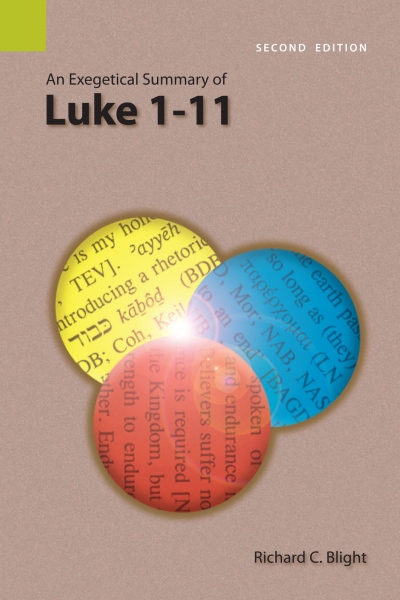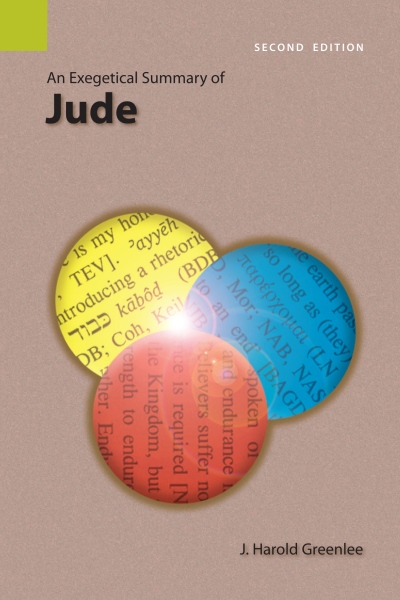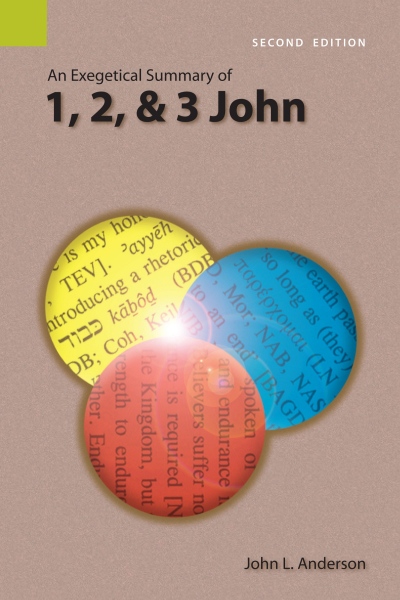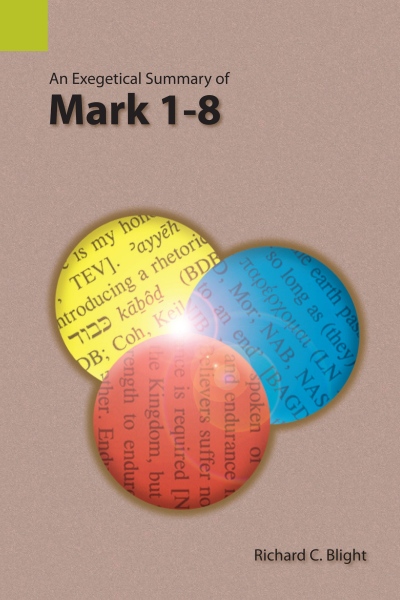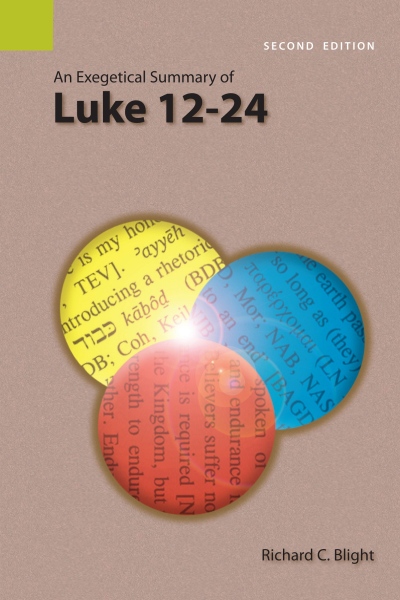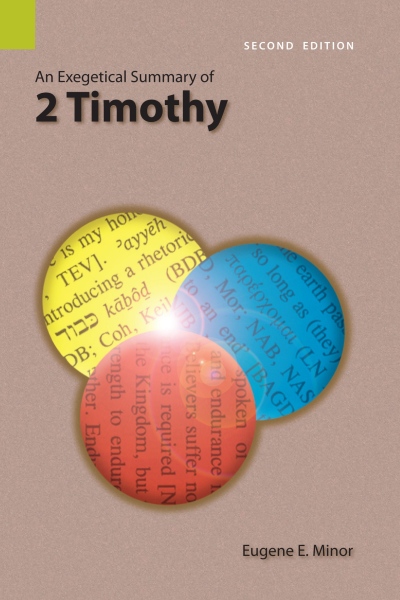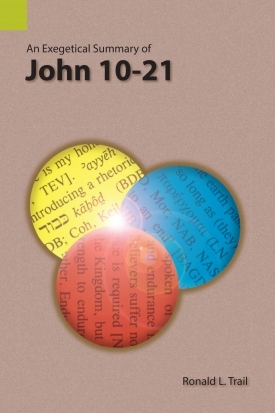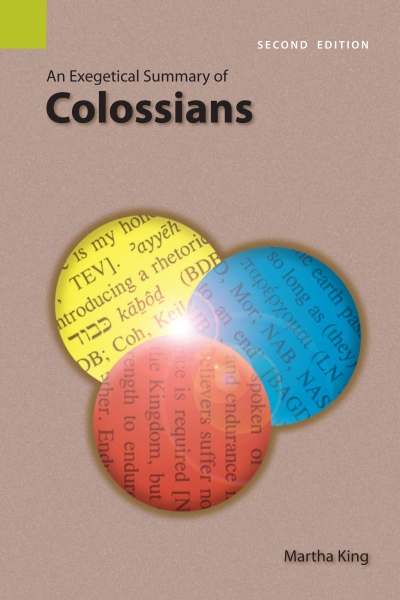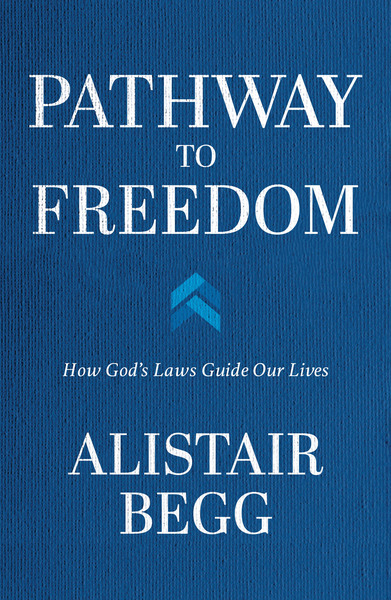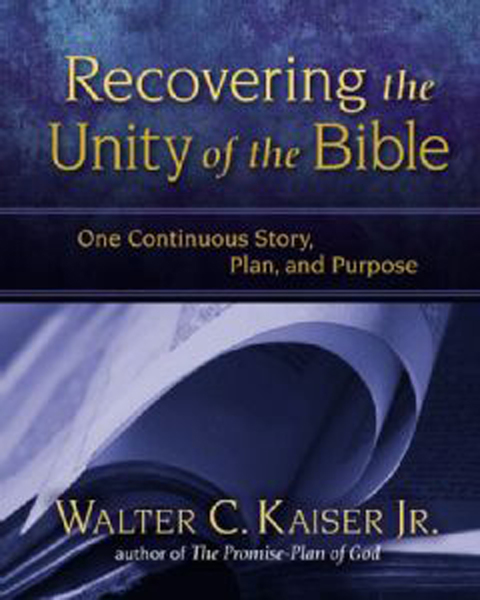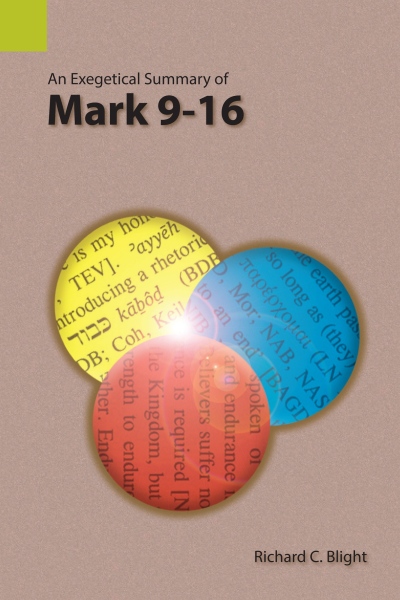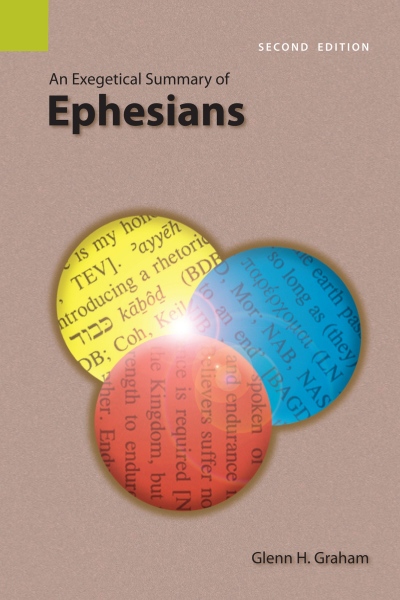

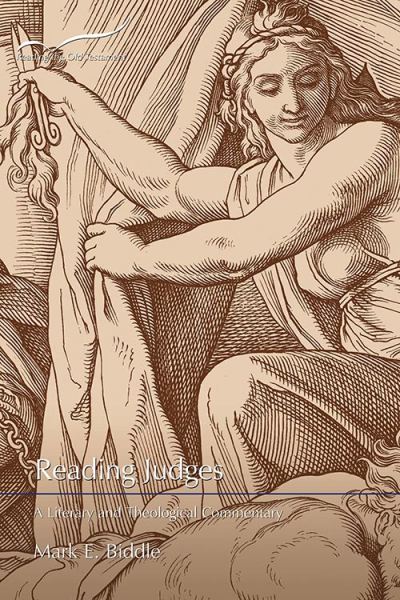

Reading the Old Testament book of Judges presents a number of significant challenges related to social contexts, historical settings, and literary characteristics. Acknowledging and examining these difficulties provides a point of entry into the world of Judges and promises to enrich the reading experience.
How should we read the book of Judges? For several decades, biblical scholars have been debating the merits of two contrasting approaches to biblical interpretation: a synchronic approach, which attempts to see the text as a whole, as opposed to a diachronic approach, which asks questions about history and development of the text.
This commentary draws on historical-critical methods to shed light on this historic period and the role of Judges in Israel’s history. At the same time, Mark Biddle acknowledges that the relevance for modern reader lies in the text as a whole and not in the details of its developmental history.
Biddle tackles the kinds of issues (violence, patriarchy, tribalism) that may inhibit our ability to receive this text as inspired Scripture. This volume makes clear that the power of this biblical narrative derives in large part from its unvarnished portrayals of human foibles and failures—and of God’s steadfast commitment to relationship with humankind nonetheless.
Mark E. Biddle holds degrees from Samford University, the Southern Baptist Theological Seminary, Rueschlikon Baptist Theological Seminary, and the University of Zurich. In addition to editing the Reading the Old Testament series, he is the author of Deuteronomy in the Smyth & Helwys Bible Commentary series.
